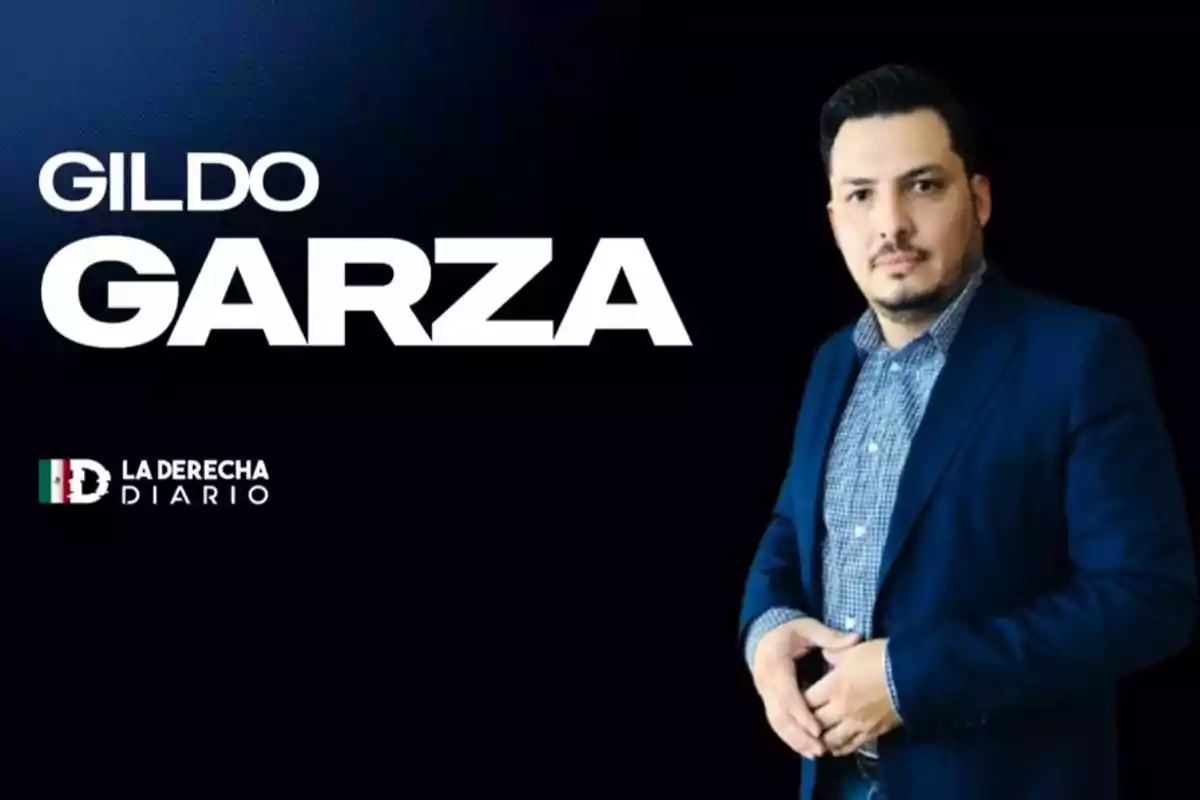
#Slip | Sinaloa is burning... and the National Palace applauds
Ten months after the beginning of a new phase in the internal war within the Sinaloa Cartel (CS), the state is facing one of the most serious security crises in its history
Sinaloa has been under fire for almost a year. The figures pile up with surgical precision: more than 1,600 intentional homicides, 1,700 kidnappings, and nearly 6,000 stolen vehicles since last September. Each number has a face, a name, a mother, an absence. But in the halls of power, there is no rush. Nor shame.
For ten months, the land of the Guzmán and the Zambada has been bleeding out in silence. The internal war for control of the Sinaloa Cartel, that old criminal structure that learned to live in the arms of political power, has intensified with the ferocity of those who no longer fight for territory, but for survival. Los Chapitos and Los Mayitos, two surnames with history and gunpowder, are fighting not only for routes and laboratories, but also for the narrative that will remain in the memory of Mexican organized crime.
Amid the chaos, the government is absent.
Rubén Rocha Moya, the Morena governor, walks among the dead with an impassiveness that could only be explained by either complicity or resignation. Eluded by his own discourse of transformation, his silence has become a slogan. Neither the mass abductions in entire towns, nor the narcomantas exposing infiltrated commanders, nor the fear that spreads like fog over the streets of Culiacán, have provoked anything from him beyond lukewarm statements and empty promises.
The State, thus, has become just another spectator.
The illusion of control
A few days ago, the federal Public Security Secretary, Omar García Harfuch, boasted at the morning press conference about a list of successful operations: 1,400 detainees, more than 58,000 kilograms (127,868 pounds) of drugs seized, a ton and a million fentanyl pills confiscated, and 87 laboratories dismantled. The numbers sound good. The problem is that reality has not changed an inch.
Because people do not measure security in kilograms or in raids. People measure it by whether they can go to the store without fear of not coming back. People measure it by the number of children who are still alive. People measure it by the displaced people's clock, by the calendars of the disappeared, by the insomnia of those who know that the government is not a refuge, but a risk.
Who governs Sinaloa?
The internal conflict in the Sinaloa Cartel, catalyzed after the capture and extradition of Ovidio Guzmán López—El Ratón—, has unleashed a purge in all directions. There is talk of possible alliances with Jalisco New Generation Cartel, speculation about internal betrayals, and fear of a fragmentation of the historic clans. What is certain is that Sinaloa has become a criminal chessboard, where the pieces are not moved by the State, but by organized crime.
That is evident. Bullets are no longer fired only in rural areas; now they are heard in schools, avenues, gas stations. Forced displacements are now as common as government reports. The distrust toward authorities is not expressed, it is assumed: nobody believes that Rocha Moya is the one governing Sinaloa.
The price of silence
In this context, it is not surprising that the murder of the former rector of the Autonomous University of Sinaloa, Héctor Melesio Cuén Ojeda, did not move the local authorities. Death, when it is political, hides better. However, the wound is there: open, unpunished, full of rumors and suspicions that the governor himself has not even tried to clear up.
The war continues. The victims do too. But power remains silent.
A shameless republic
Mexico, and particularly Sinaloa, is living a critical moment: organized crime no longer challenges the State, it replaces it. It regulates it, negotiates it, doles it out. When necessary, it buries it.
The Fourth Transformation has failed spectacularly in its promise of pacification. Where it swore hugs, it left corpses. Where it promised all-out combat, it improvised spectacles. Where it offered justice, it sowed indifference.
Sinaloa doesn't need more figures or more soldiers. Sinaloa needs someone to assume the cost of governing with dignity. Because governing is not about distributing propaganda; it is about carrying the dead and doing something to keep them from multiplying.
Until that happens, the narco war will remain the only real authority in the state.
The government, meanwhile, is barely a spectator in the shadows of its own cowardice.
By the way, where is Rocha? Is he still silent, or has he already found another way to pretend nothing is happening?
Get to work.
@GildoGarzaMx
More posts: